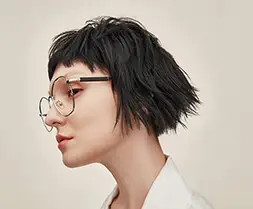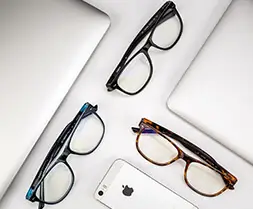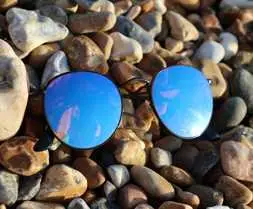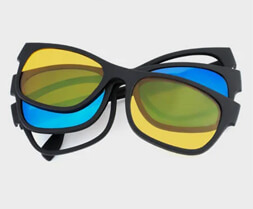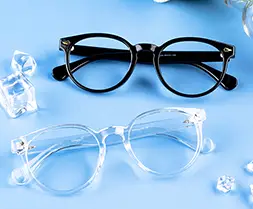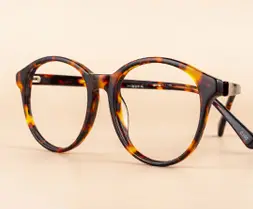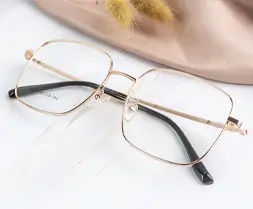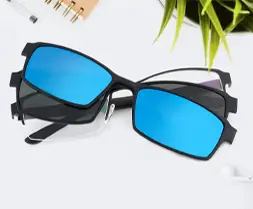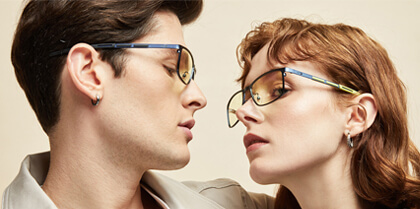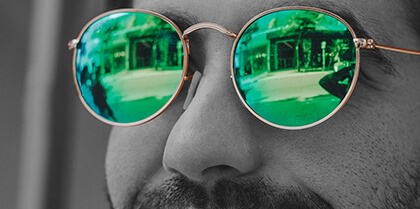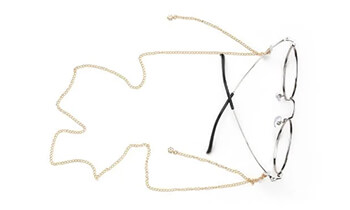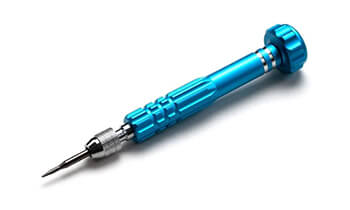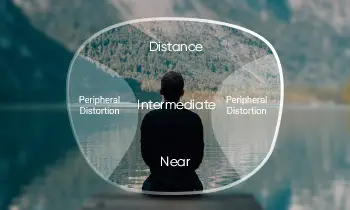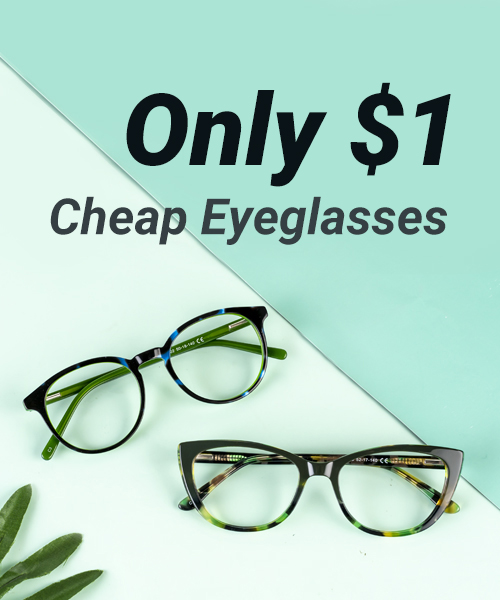Will you wear eyeglasses all the time? Is the first thing you do when you wake up to look for your glasses? People with nearsightedness are generally divided into two groups. One is short-sighted but does not want to wear glasses; the other is that you can do nothing without glasses. Which category are you? To wear glasses or not to wear them?
Those who do not like to wear glasses are basically because of the following two things: one is that they do not look good. But now the frame styles are diverse, and glasses have long been a fashion item; you can also wear contact lenses to solve; the other is that we grew up hearing the "Can not wear glasses! The more you wear them, the higher they will get!"
Wearing glasses will make your nearsightedness deepen, will make your eyes bulge out, and will make them uglier. Is all this true?
Here it is necessary to make a wave of clarification. Whether it is the face or the change in the degree of The culprit is not eyeglasses!
It is nearsightedness that causes the bulging of the eye
Most people's nearsightedness is caused by the growth of the eye axis. Usually, the length of the eye axis of adults is about 24mm. For every 300 degrees of prescription, the length of the eye axis will increase by about 1mm. The higher the prescription, the longer the eye axis. Such as some high prescriptions, the eye axis grows more extended, and the eye bulges out. Therefore, the bulging eyeball is not caused by wearing glasses but by nearsightedness.
The prescription will go up faster if you don't wear glasses correctly.
"The more you wear your glasses, the higher prescription they get!" is something you hear from a young age, when even if you were nearsighted, your parents would let you wear fewer glasses. Because we thought that wearing a pair of glasses would stop the growth of the prescription, but after a year or two, we could not see well again, so we thought that glasses were "useless." So, this is the most profound misconception we have about eyeglasses.
In one study, 90 nearsighted children were divided into three groups: one group did not wear glasses, one group wore glasses with a low prescription (low correction), and one group wore glasses with an appropriate prescription (full correction), and it was found that:
- All three groups of children had different degrees of nearsightedness progression.
- Wearing glasses of the right prescription resulted in the minor nearsightedness progression.
- Without glasses, nearsightedness increased the most, by an average of nearly 100 degrees.
Therefore, wearing the right and just the correct prescription glasses is conducive to controlling nearsightedness development. Although, of course, wearing glasses does not mean you can be reckless, we still need to pay attention to eye habits; we should rest more after a long time of close eye use.
So, what happens if you are nearsighted and don't wear glasses for a long time? Generally, strabismus may occur, which can affect the work of other senses and cause the whole person to become slow and unresponsive.


